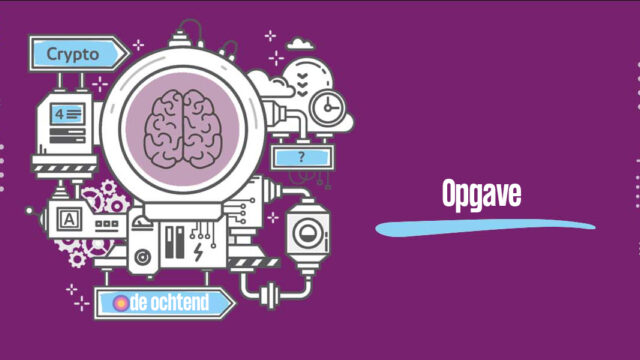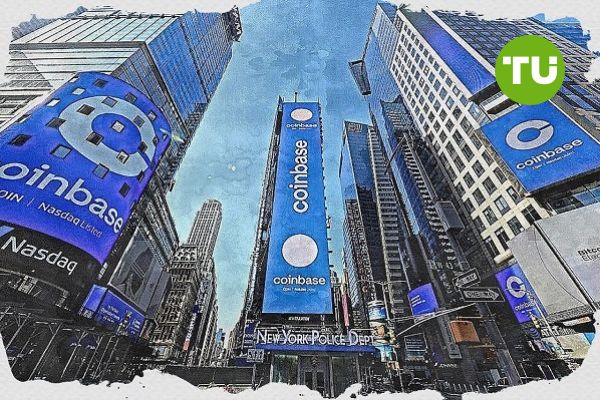In a significant move poised to influence the landscape of digital finance, seven major players from the cryptocurrency realm have established the Blockchain Payments Consortium (BPC). This collaborative effort aims to standardize blockchain payment processes, emphasizing the necessity for refined protocols that will enhance transaction efficiency across various networks.
The Need for Unified Protocols
The BPC is made up of notable organizations, including Fireblocks, Solana Foundation, TON Foundation, Polygon Labs, Stellar Development Foundation, Mysten Labs, and Monad Foundation. Together, they aspire to create a universal language for blockchain payments, much like traditional banking systems that utilize established standards through networks such as Visa and Mastercard.
As blockchain payments become more prevalent, users and businesses still encounter challenges, particularly when conducting transactions across different networks or integrating crypto with conventional payment methods. The consortium has expressed concern that without unified standards, the user experience will remain fragmented, potentially hampering broader adoption.
Growing Adoption of Stablecoins
The timing of this initiative is particularly noteworthy, considering the explosive growth of stablecoin transactions. In October 2024, the monthly transaction volume reached approximately $3.7 trillion—a remarkable increase of over 4%. For the year, the figure soared to $27.6 trillion, surpassing the combined volume of Visa and Mastercard. This rise underscores a shift towards blockchain payments gaining a foothold in the marketplace traditionally dominated by established financial institutions.
Bridging the Gap Between Cryptocurrency and Traditional Finance
A crucial aim of the consortium is to serve as a bridge between the crypto industry and the conventional financial arena. By establishing collaborative guidelines, the BPC aims to assist banks and institutions in seamlessly adopting blockchain technology without the concerns surrounding compliance and security. They stress that the initiative is not solely focused on efficiency, but also involves working closely with regulatory bodies.
“Our goal is to provide an interoperable framework that can be applied globally,” the consortium states, reflecting its mission to enhance cohesion in this evolving financial landscape.
A Step Towards Maturity in the Crypto Sector
Notable industry figures, such as Raja Chakravorti, Chief Business Officer of the Stellar Development Foundation, describe this collaboration as a vital stride toward the maturation of the cryptocurrency sector. Ran Goldi, leader of Fireblocks, emphasizes the importance of a collective approach, noting the existing lack of a common language for blockchain payments—a gap that often results in friction and missed opportunities.
Conclusion: A Vision for Future Transactions
The Blockchain Payments Consortium sets out to transform the fragmentation of blockchain payments into a streamlined, reliable system akin to traditional payment networks. Success in this ambition could signify a pivotal development in the global adoption of cryptocurrencies as a viable payment method, potentially reshaping the future of financial transactions.
Frequently Asked Questions
What is a stablecoin?
A stablecoin is a type of cryptocurrency pegged to a stable asset, such as the US dollar or Euro, which helps minimize volatility during transactions and makes them more predictable.
Why are standards necessary in blockchain payments?
Each blockchain operates under its own set of rules, complicating transactions across different systems. Standardization would streamline processes, resulting in quicker, cheaper, and safer transactions.
Who participates in the Blockchain Payments Consortium?
The consortium includes Fireblocks, Solana Foundation, TON Foundation, Polygon Labs, Stellar Development Foundation, Mysten Labs, and Monad Foundation.


